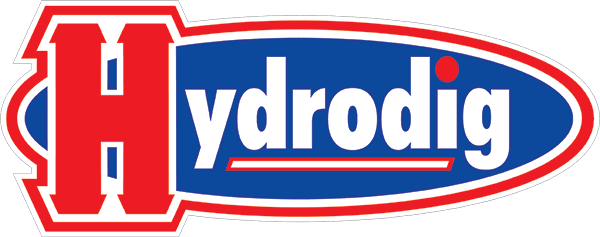Hydro excavation Denver area projects often require careful planning and execution to avoid damaging underground utilities and infrastructure. Non-destructive digging (NDD) techniques are essential for minimizing risks, protecting the environment, and ensuring project efficiency. Hydro excavation is a leading method for safe and effective digging in the Denver area. Below, we explore six methods of non-destructive digging, highlighting their benefits and applications.
- Hydro Excavation
Hydro excavation uses pressurized water to break up soil, which is then removed using a powerful vacuum. This method is ideal for projects near underground utilities such as gas lines, water mains, and electrical conduits. In Denver’s often rocky and clay-heavy soil, hydro excavation provides unmatched accuracy and safety. Companies like Hydrodig specialize in hydro excavation services, ensuring efficient results while minimizing environmental disruption.
- Air Excavation
Like hydro excavation, air excavation relies on compressed air to loosen soil, which is then vacuumed away. This method is beneficial in dry conditions and for working around fragile underground utilities. While air excavation is effective, it may not perform as well in wet or compacted soils, making it less versatile than hydro excavation in Denver’s variable terrain.
- Hand Digging
Traditional hand digging remains a reliable method for non-destructive digging, especially for small-scale projects or delicate situations. Although labor-intensive, hand digging allows maximum control and minimal risk of damaging nearby infrastructure. However, due to time and labor constraints, it’s often impractical for larger projects.
- Vacuum Excavation
Vacuum excavation involves using high-powered vacuums to remove loosened soil. This technique is often combined with hydro or air excavation to enhance efficiency. Vacuum excavation is particularly useful in urban areas like Denver, where space and precision are critical.
- Directional Drilling
Directional drilling is a trenchless method that creates precise underground pathways for utilities without disturbing the surface. While not strictly a digging method, it is a popular, non-destructive approach for installing pipelines, cables, and other infrastructure beneath Denver’s busy streets.
- Soft Digging with Low-Impact Machinery
Soft digging involves using machinery equipped with special attachments to carefully loosen and remove soil without harming surrounding utilities. This method is useful for projects requiring moderate precision and speed, but it’s not as precise as hydro or air excavation.
Why Hydro Excavation Stands Out in Denver
Hydro excavation has become the preferred method for non-destructive digging in the Denver area due to its precision, adaptability to various soil types, and minimal environmental impact. Hydrodig, a trusted local provider, ensures safe and efficient excavation services, making it a top choice for contractors and property owners.
Non-destructive digging techniques are essential for ensuring excavation projects’ safety, efficiency, and environmental sustainability. Hydro excavation is the most versatile and practical solution among the six methods discussed, especially in Denver’s unique conditions. If you’re planning an excavation project in the Denver area, contact Hydrodig to experience the benefits of this advanced method firsthand.
